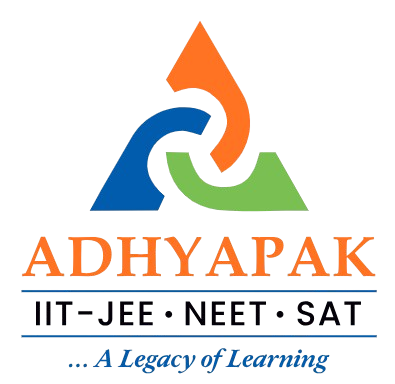The transition from junior college to higher education or the professional world is a crucial phase in a student’s life. At Adhyapak Junior College, we understand that education is not just about scoring high marks—it’s about preparing students for their careers and future endeavors. Junior college plays a pivotal role in shaping students’ knowledge, skills, and confidence, equipping them with the right foundation to excel in their chosen fields.
Building a Strong Academic Foundation
A successful career starts with a solid academic foundation. Junior college helps students develop in-depth subject knowledge, logical thinking, and analytical skills necessary for higher studies and competitive exams.
1. Specialized Curriculum for Career Readiness
At Adhyapak Junior College, we offer well-structured academic programs that align with career aspirations. Whether students opt for Science, Commerce, or Arts, they receive subject-specific knowledge that helps them excel in higher education and professional courses.
2. Conceptual Learning for Practical Application
Education at the junior college level is not just about memorization; it’s about understanding concepts and applying them in real-world scenarios. This approach helps students develop a problem-solving mindset essential for both academics and professional life.
3. Preparation for Competitive Exams
Students aiming for professional careers in engineering, medicine, law, finance, or management need to clear competitive exams like JEE, NEET, CA Foundation, and CLAT. Junior college provides coaching, mentorship, and exam-oriented preparation to help students achieve their goals.
Developing Soft Skills for Professional Success
While academic knowledge is essential, employers also value soft skills such as communication, leadership, and teamwork. Junior college provides various opportunities to build these skills through interactive learning experiences.
1. Communication Skills
Effective communication is a key to success in any career. Whether it’s writing reports, giving presentations, or handling interviews, students learn how to express their thoughts clearly and confidently.
2. Leadership and Teamwork
Group projects, student councils, and extracurricular activities help students develop leadership qualities and teamwork skills—both of which are highly valued in professional settings.
3. Problem-Solving and Critical Thinking
In any career, the ability to analyze situations and make decisions is essential. Through case studies, debates, and interactive discussions, students learn how to approach challenges with logical reasoning and creativity.
Exposure to Career Opportunities and Guidance
Choosing the right career path can be overwhelming, but junior college provides students with the necessary guidance to make informed decisions.
1. Career Counseling and Mentorship
At Adhyapak Junior College, we offer career counseling sessions to help students understand various career options, industry trends, and educational pathways. Expert mentors and alumni provide valuable insights into different professional fields.
2. Internship and Industrial Exposure
Students get hands-on experience through internships, industry visits, and workshops. This exposure helps them understand real-world applications of their studies and prepares them for future job roles.
3. Skill-Based Training and Certifications
Apart from academics, students are encouraged to enroll in skill-based programs such as digital literacy, financial management, entrepreneurship, and technical training. These certifications add value to their resumes and enhance employability.
Extracurricular Activities: A Stepping Stone to Career Growth
Engagement in extracurricular activities plays a crucial role in shaping students’ personalities and career prospects.
1. Participation in Clubs and Societies
Joining science clubs, business forums, or literary societies helps students explore their interests and build networks with like-minded peers.
2. Sports and Physical Fitness
A healthy body leads to a sharp mind. Sports not only promote fitness but also teach discipline, teamwork, and perseverance—qualities essential for any career.
3. Volunteering and Community Engagement
Social responsibility is an important aspect of personal and professional growth. Volunteering for community programs and charity events helps students develop empathy, leadership, and a sense of purpose.
Conclusion
Junior college is more than just a bridge between school and university—it is a launchpad for a successful career. At Adhyapak Junior College, we ensure that students receive quality education, skill development, career guidance, and holistic growth.
By focusing on academic excellence, soft skills, career exposure, and extracurricular engagement, junior college equips students with the tools they need to transition smoothly from classroom to career.
The choices students make in junior college set the foundation for their future—so make the most of this time and build a path toward success!
